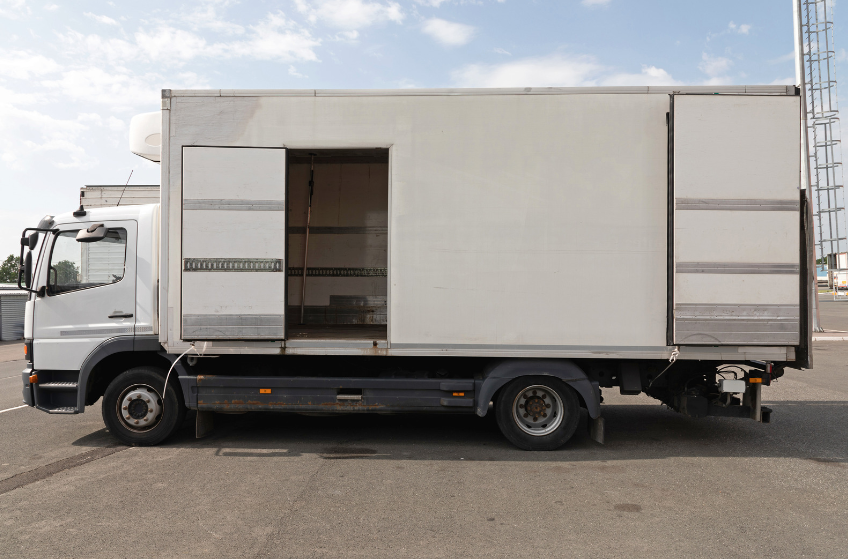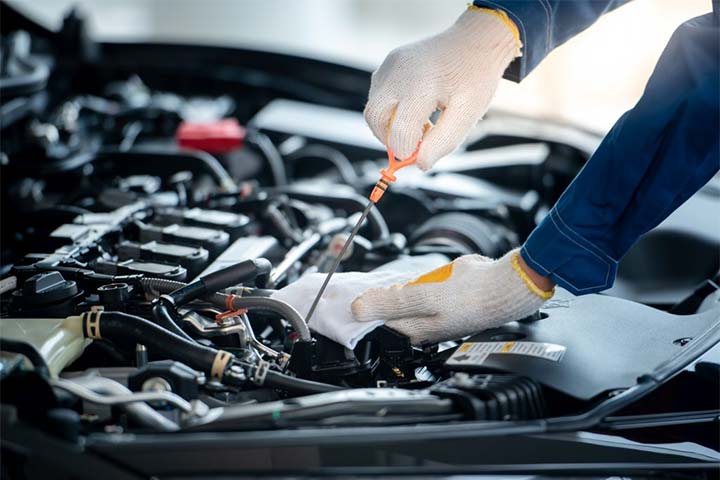The transportation of perishable goods relies heavily on an efficient truck refrigeration unit. These units ensure that food, pharmaceuticals, and other temperature-sensitive products remain fresh during transit. Choosing the right refrigeration system is crucial for businesses that depend on reliable cold transport. This blog aims to provide a comprehensive comparison between two popular options: direct drive and self-powered refrigeration systems for trucks.
Understanding Truck Refrigeration Units
What is a Truck Refrigeration Unit?
A truck refrigeration unit is a specialized cooling system designed to maintain low temperatures during the transportation of perishable goods. It plays a vital role in ensuring food safety and quality by providing controlled environments for products like fruits, vegetables, dairy, and meat. Understanding the different types of refrigeration units is essential for companies to make informed decisions.
Types of Truck Refrigeration Units
There are various types of truck refrigeration units, including diesel-powered, electric, and hybrid models. Each type comes with its own set of advantages and drawbacks, which are crucial to consider based on specific transport needs.
Direct Drive Refrigeration Systems
What is a Direct Drive System?
A direct drive refrigeration system is a type of truck refrigeration unit that operates using the truck’s engine power. This system is mechanically connected to the engine and relies on its operation to generate the necessary cooling.
Advantages of Direct Drive Systems
One significant advantage of a direct drive truck refrigeration unit is its efficiency in utilising the truck’s power. Since it draws energy directly from the engine, operational costs tend to be lower during long hauls. Additionally, these units require minimal maintenance compared to self-powered alternatives, making them appealing for fleet operators focused on cost-effectiveness.
Disadvantages of Direct Drive Systems
However, a direct drive truck refrigeration unit is not without its challenges. It depends heavily on the engine running, meaning that if the truck is stationary, the refrigeration unit may not function. This reliance can lead to increased wear and tear on the engine, raising concerns about longevity and repair costs. Additionally, these units can produce noise, which may be problematic in urban settings where quiet operation is preferred.
Self-Powered Refrigeration Systems
What is a Self-Powered System?
In contrast, a self-powered refrigeration system operates independently from the truck’s engine. This truck refrigeration unit typically includes a separate diesel engine or a battery to power the cooling mechanism.
Advantages of Self-Powered Systems
The primary advantage of a self-powered truck refrigeration unit is its flexibility. It allows for cooling during loading and unloading, even when the truck’s engine is off. This independence can be a significant benefit for urban deliveries, where frequent stops are necessary. Moreover, self-powered systems often operate quietly, making them ideal for night deliveries or sensitive areas.
Disadvantages of Self-Powered Systems
Despite their advantages, self-powered truck refrigeration units can come with higher initial costs and more complex maintenance needs. The separate engine or battery requires regular upkeep, which can increase long-term expenses. Additionally, if powered by diesel, these systems might consume more fuel than direct drive alternatives, affecting overall efficiency.
Key Considerations When Choosing a Refrigeration Unit
Load Requirements
When selecting a truck refrigeration unit, understanding load requirements is essential. Different products have varying temperature needs, and the chosen system should be able to maintain these conditions effectively.
Distance and Duration of Transport
The distance and duration of transport play a crucial role in deciding on a truck refrigeration unit. Long hauls may benefit from the efficiency of a direct drive system, while frequent stops may necessitate a self-powered option.
Operating Environment
The operating environment is another important factor to consider. Urban deliveries often require a quieter truck refrigeration unit that can operate independently, while rural routes may rely on the efficiency of direct drive systems.
Budget and Cost Efficiency
Finally, budget considerations are vital. While self-powered truck refrigeration units may offer more flexibility, their initial investment and maintenance costs must be weighed against the lower operational costs of direct drive units.
Takeaway
Selecting the right truck refrigeration unit is crucial for businesses involved in the transport of perishable goods. Both direct drive and self-powered systems offer unique benefits and challenges, making it essential to assess specific needs and operational conditions. Understanding the nuances of each option can help businesses make informed decisions that enhance efficiency and product safety.











